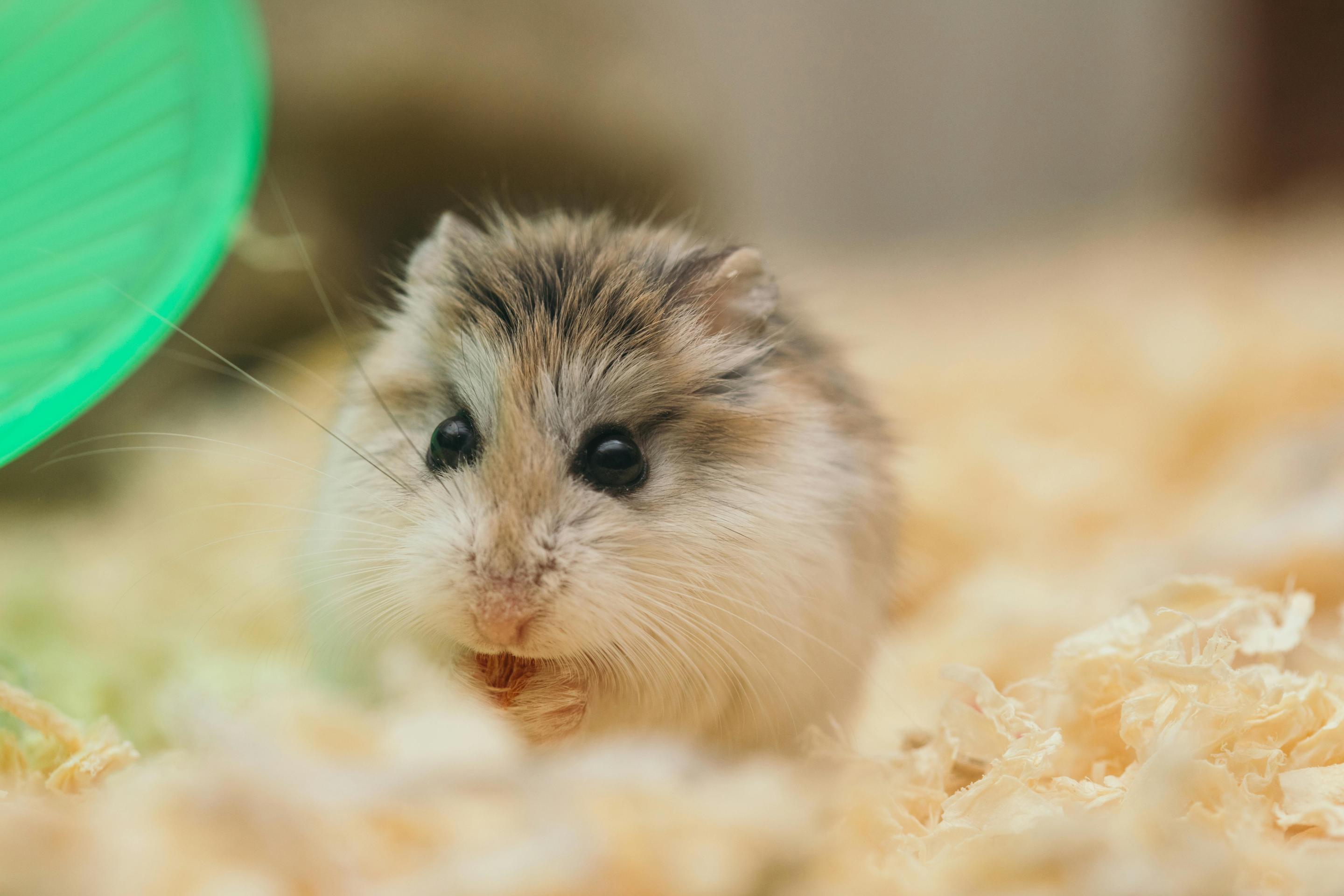When it comes to small and adorable pets, gerbils and hamsters are often at the top of the list. While they may seem similar at first glance, these two tiny creatures have distinct characteristics that make them unique. If you’re considering bringing one into your home, understanding their differences can help you choose the right pet for your family.
Physical Differences
-
Size and Shape:
-
Gerbils: Typically, longer and leaner, with a body length of 4-5 inches (excluding the tail). Their tails are furred and about the same length as their body, ending in a small tuft.
-
Hamsters: Usually rounder and stockier, with a body length of 2-6 inches depending on the species. They have short, stubby tails that are barely visible.
-
-
Fur and Color:
-
Both gerbils and hamsters come in a variety of colors and patterns, but gerbils often have sleeker coats compared to the fluffier appearance of some hamster species.
-
-
Ears and Eyes:
-
Gerbils have larger, more prominent ears and eyes compared to hamsters, giving them a more alert appearance.
-
Behavior and Personality
-
Activity Levels:
-
Gerbils: Highly active and curious, gerbils are known for their boundless energy. They’re often seen digging, burrowing, or exploring their environment during the day.
-
Hamsters: Hamsters are crepuscular, meaning they are most active during dawn and dusk. They may sleep during the day and be awake at night, which can be a consideration for potential owners.
-
-
Socialization:
-
Gerbils: Social animals that thrive in pairs or small groups. It’s best to keep same-sex pairs to avoid breeding.
-
Hamsters: Solitary by nature, most hamster species prefer to live alone and can become territorial if housed with others.
-
-
Interaction with Humans:
-
Gerbils tend to be friendly and less likely to bite, making them a great choice for families with children.
-
Hamsters can also be friendly but may require more patience and gentle handling to build trust.
-
Habitat and Care Requirements
-
Housing:
-
Gerbils: Require a spacious enclosure with plenty of bedding for digging and burrowing. A glass or plastic tank with a secure mesh lid is ideal.
-
Hamsters: Need a cage with tunnels, hideouts, and a wheel for exercise. Wire cages with plastic bases are commonly used, but the spacing between bars must be small to prevent escapes.
-
-
Bedding:
-
Both gerbils and hamsters need soft, dust-free bedding. Avoid cedar or pine shavings, as they can be harmful to their respiratory systems.
-
-
Diet:
-
Both animals have similar dietary needs, including:
-
A high-quality commercial pellet or mix formulated for their species.
-
Occasional fresh fruits and vegetables (in moderation).
-
Access to fresh water at all times.
-
-
-
Lifespan:
-
Gerbils typically live 3-5 years, while hamsters have a shorter lifespan of 2-3 years.
-
Unique Traits
-
Gerbils:
-
Excellent diggers, they create elaborate burrow systems in the wild.
-
Rarely emit strong odors due to their efficient kidneys, making them a low-maintenance pet in terms of cleanliness.
-
-
Hamsters:
-
Known for their cheek pouches, which they use to store and transport food.
-
Often enjoy running on exercise wheels, sometimes clocking several miles a night.
-
Which Pet Is Right for You?
Choosing between a gerbil and a hamster depends on your lifestyle and preferences:
-
Gerbil: If you’re looking for a social, energetic pet that’s active during the day and enjoys living with companions, a gerbil may be the better choice.
-
Hamster: If you prefer a solitary pet that’s low-maintenance and doesn’t require a lot of space, a hamster might be the right fit.
Both gerbils and hamsters make wonderful pets, but their distinct needs and behaviors mean they’re suited for different types of owners. By understanding their differences, you can choose the perfect small pet to bring joy to your home.
At Ingleside Animal Hospital, we’re here to support you in caring for your furry friends. Whether you have questions about housing, diet, or health, our team is ready to help. Contact us today to learn more about providing the best care for your small pets!
If you have questions and you'd like to reach out to us, you can call us directly at (602) 833-7511, or you can email us at [email protected]. Don't forget to follow us on social media Facebook, Instagram.

